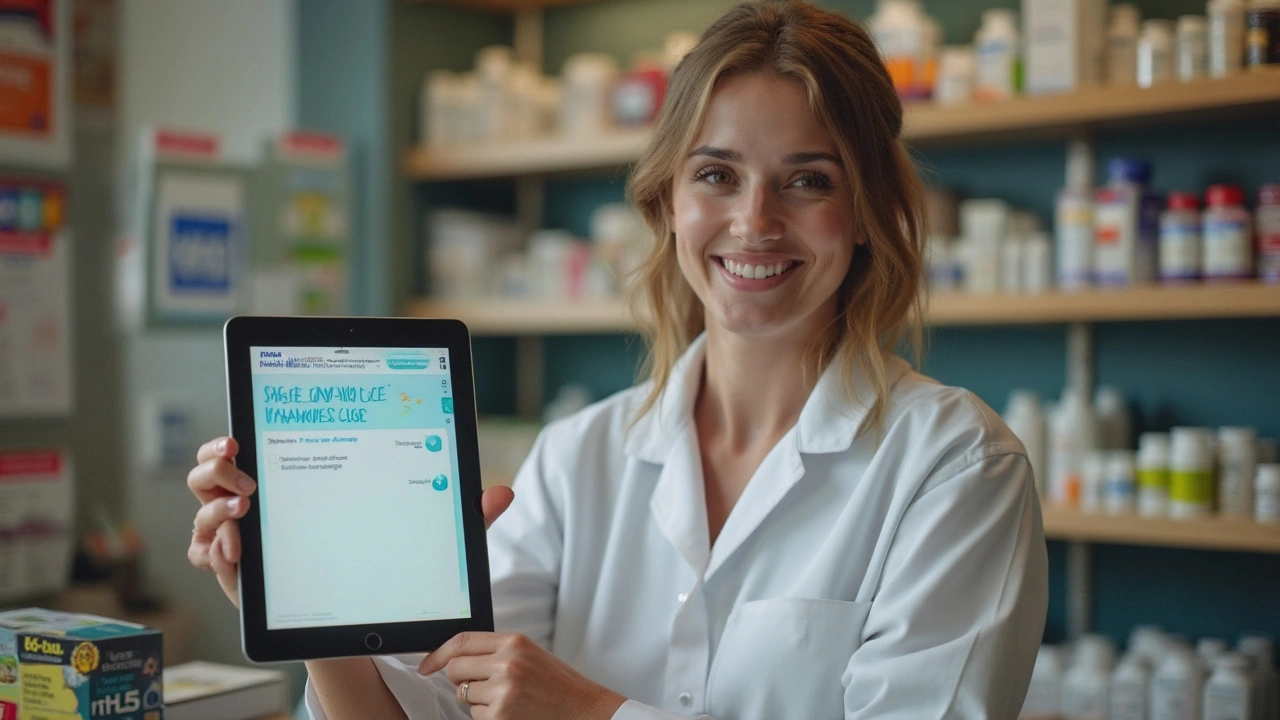Verify Online Pharmacy: 8 Quick Checks to Buy Medicines Safely
Buying medication online is handy — but mistakes with pharmacies can cost your health. Before you click “buy,” run a few quick checks that spot scams and unsafe sellers. These checks take minutes and protect you from fake drugs, wrong doses, or dangerous interactions.
8-point checklist to verify an online pharmacy
- Look for a license and real contact info. A legitimate site shows a pharmacy license number, a physical address, and a phone number that connects to a real pharmacy or pharmacy chain. Call the number to confirm.
- Prescription required? If the site sells antibiotics, controlled meds, or antidepressants without a prescription, that’s a big red flag. Real pharmacies always ask for a valid prescription.
- Check for verification seals. Trusted seals include national regulator approvals, NABP/VIPPS, or LegitScript listings. Click the seal — it should link to the verifier’s site, not just be an image.
- Secure checkout and clear privacy policy. The page should use HTTPS, accept card payments or PayPal, and clearly state how your data is protected. Avoid sites that push wire transfers, crypto-only, or weird payment apps.
- Compare prices carefully. Very low prices on brand-name or controlled meds usually mean counterfeit or stolen products. Use price differences as a warning sign, not just a reason to celebrate.
- Read user reviews beyond the site. Look for reviews on independent forums, social media, or consumer protection sites. New sites with only glowing reviews posted on their own pages are suspicious.
- Whois and domain age. A newly registered domain or one that hides ownership info can be risky. Older, transparent domains are generally safer, though not foolproof.
- Shipping origin and customs rules. Check where the drugs ship from. Some countries have weak manufacturing oversight; some meds may be illegal to import to your country. Know your local rules.
If something feels off
Stop the order. Contact your bank or payment provider if you already paid. Report the site to your national regulator (FDA in the U.S., MHRA in the U.K., or local health authority) and to consumer protection groups. Keep screenshots, emails, and receipts — these help investigations and refunds.
Want a quick shortcut? Use well-known pharmacy chains, verified telemedicine platforms, or services recommended by your doctor. When in doubt, ask a pharmacist directly — a 5-minute call can save you from fake meds and serious harm.
Use these tips every time you buy medicine online. They’re simple, fast, and they work.

